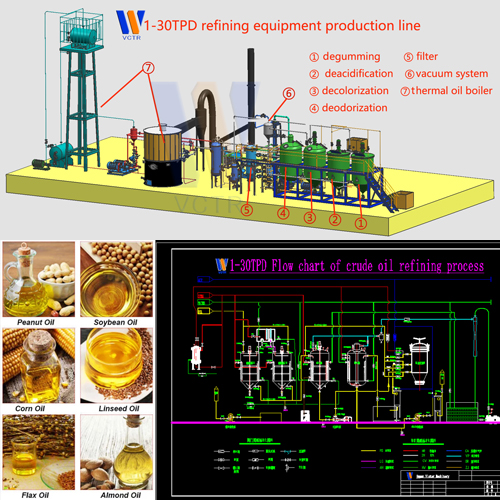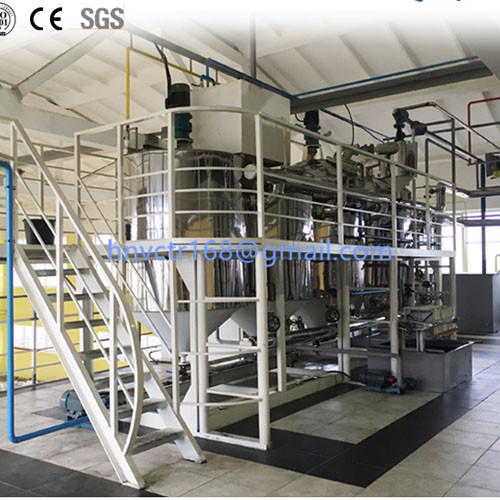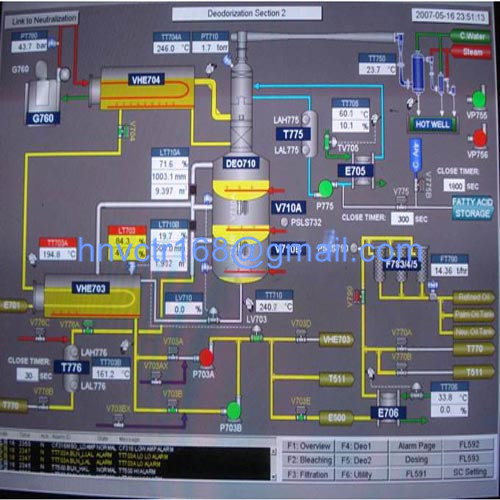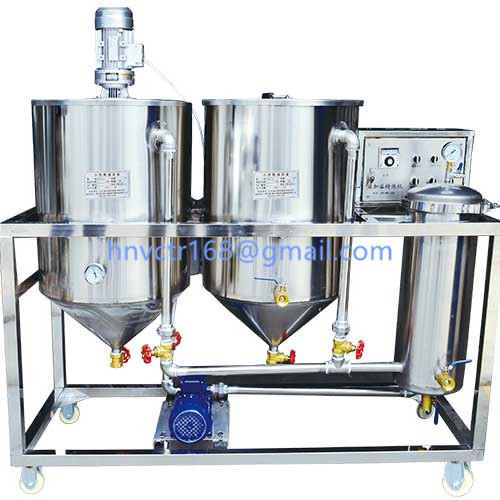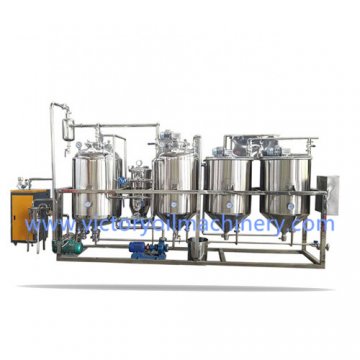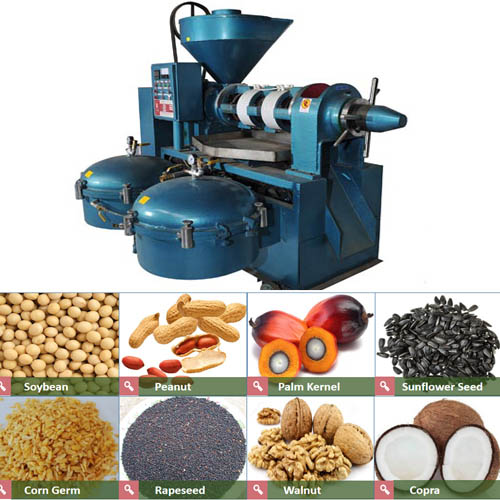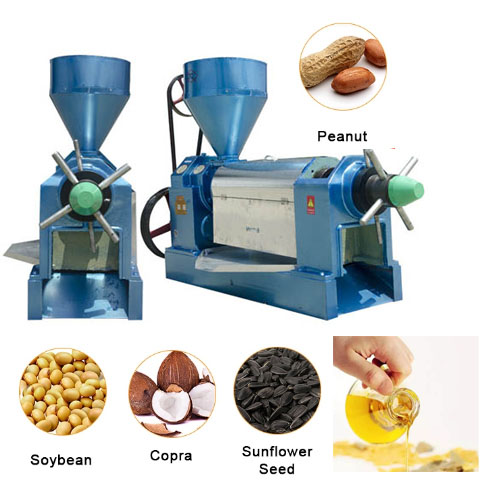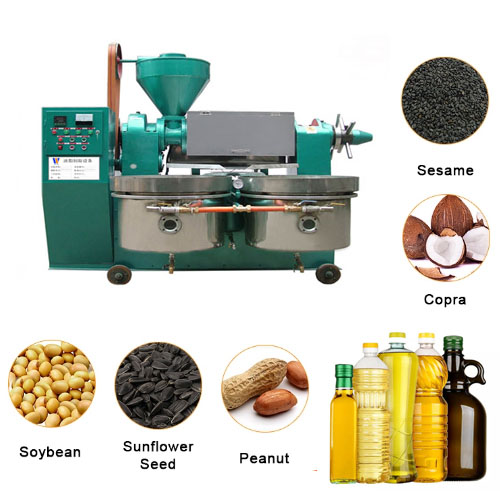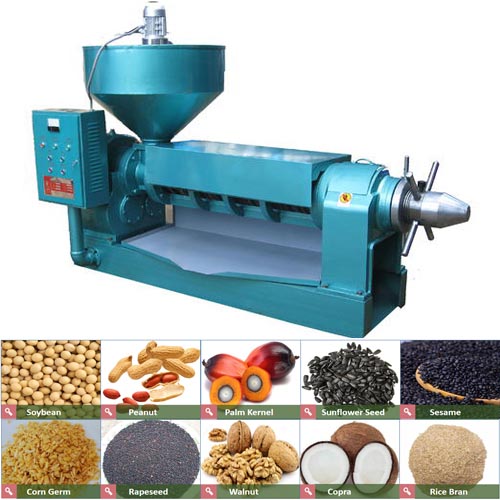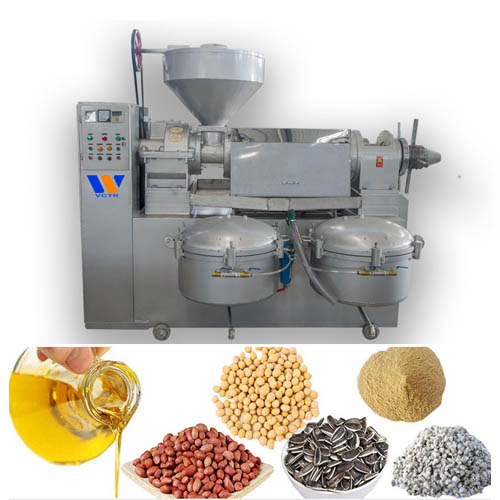International Palm Oil Sustainable Development Forum held the latest research focusing on palm oil to discuss the sustainable development of food
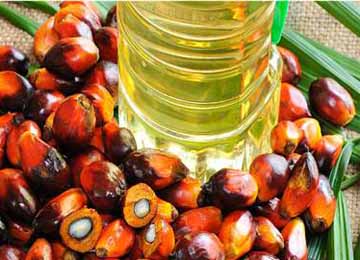
1. Conference Overview
As an important raw material in the food production and processing process, palm oil has played an irreplaceable role in promoting the rapid development of the modern food industry. However, in recent years, the contradiction between huge consumer demand and limited production areas has become increasingly fierce. How to use palm oil sustainably has aroused widespread concern around the world.
A few days ago, the "International Palm Oil Sustainable Development Forum" was held during the 2020 International Food Safety and Health Conference co-sponsored by the Chinese Society of Food Science and Technology and the International Food Science and Technology Alliance. The forum invited experts from home and abroad to exchange and analyze the latest research progress in palm oil production, application, nutrition, structure, safety and sustainable development, and the international palm oil market situation in the post-epidemic era. The forum was co-chaired by Rao Pingfan, Honorary Vice President of the Chinese Society of Food Science and Technology, former Chairman of the International Food Science and Technology Alliance, Director of the Chinese Academy of Sciences-Zhejiang Gongshang University Joint Research Center for Food and Nutrition Science, and Professor Wang Xingguo of the School of Food Science and Technology of Jiangnan University.
2. Palm oil has many advantages
Currently, the global food industry needs a reliable and sustainable oil solution to meet the increasing consumer demand. Different from traditional oil crops, oil palm crops are woody plants. It only takes 3-4 years from planting to harvest, and 7-8 years can enter the high-yield period. Palm oil is a perennial plant and the entire commercial production cycle is as long as 25 In 30 years, these have led to the characteristics of high yield of palm oil. From the perspective of the global supply and trade of various types of edible vegetable oil, palm oil production and trade accounted for the first place, occupying about 35% and 60% of the market respectively.
Wang Xingguo believes that my country imports about 6 million tons of palm oil each year, about 60% of which is used in the manufacture of special oils for food. Among them, plastic fat based oil is mainly made from palm oil/kernel oil fractions at 24°C-45°C, including baking Oil, confectionery butter, ice cream oil, etc.; frying oil is mainly made from palm oil and/or palm stearin at 24°C; infant food oil is mainly made from stearin through transesterification; special medical food oil is mainly made from palm Kernel oil modified manufacturing. "With the development and improvement of fractionation technology, palm oil with different melting points can be provided, suitable for different scenarios." Wang Xingguo said.
Paul Wassell, head of the R&D center of Sinar Mas Group, Indonesia, in the report "Palm Oil: Nutrition and Structure",Explained the importance of palm oil in achieving global nutrition goals and its reasons, and the importance of palm oil in general food structure and its reasons."Palm oil is the only source of monounsaturated fatty acids and an important source of β-carotene, tocopherols, and tocotriols. It provides us with a variety of nutrients and uses.Palm oil products can be easily used in all foods that require fats and oils in their formulas, which is irreplaceable by other fats. "He said.
Zheng Zuting, an oil and oil analyst of the Grain and Oil Monitoring Department of the National Grain and Oil Information Center, analyzed the supply and demand of palm oil at home and abroad. He said that as the domestic new crown pneumonia epidemic is effectively controlled, companies are actively resuming work and production, catering companies resume operations, and oil consumption is basically Back to normal, oil consumption was better than expected due to the increase in feed oil use and the effects of purchasing and storage. “The world’s various types of edible vegetable oil account for about 35% of palm oil production, followed by soybean oil and rapeseed oil. Palm oil is the most traded variety among the world’s major edible vegetable oils, accounting for about 60% of global trade. The trade with cuisine is mainly based on oilseeds, and the volume of oil trade is relatively small. The edible vegetable oil trade mainly depends on palm oil." Zheng Zuting said.
3. Palm oil is an important carrier to help realize the "No trans fatty acids"
Trans fats refer to fats containing trans fatty acids. The trans fats produced by partial hydrogenation are the most important part of industrial trans fats. As of May 2020, 40 countries around the world have introduced the most stringent trans fat restriction policies, among which 14 countries have banned industrial trans fats or partially hydrogenated fats, and the remaining 26 countries will implement them within two years.my country has also issued suggestions and requirements to show its attitude: encouraging staying away from industrial trans fats, and prohibiting use by special groups; using hydrogenated fats, using logos for trans fat content, etc.In 2013, the "Dietary Intake Level and Risk Assessment Report of Trans Fatty Acids for Chinese Residents" issued by the National Food Safety Risk Assessment Center showed that the health risks of trans fats in the diet of Chinese residents are low. However, with the rapid development of my country's oil and food industry, the intake may exceed the international recommended standards. Therefore, it is necessary to recognize the hazards of trans fats and the seriousness and urgency of the problems.
Wang Xingguo believes that palm oil is an important carrier to achieve no trans fatty acids, and fractional extraction of palm oil is the basis for replacing partial hydrogenation.Transesterification is the realization of refined manufacturing without trans fats, and palm oil has made a great contribution to the realization of trans fats.
4. The sustainable development of palm oil still needs multi-party cooperation to promote
On the one hand, there is huge demand on the consumer side, and on the other hand, the ecological environment changes caused by the continuous deforestation of limited production areas. Therefore, it is of great significance to promote the sustainable development of palm oil. To promote this work, 15 million tons of palm oil have passed the RSPO certification worldwide, accounting for about 20% of the world’s total production. Indonesia accounts for 18% and Malaysia 22%.more than 70% of the food processed palm oil in Europe has passed the RSPO certification.
Wan Jian, Deputy Chief Representative of RSPO China, introduced how RSPO China combined multiple stakeholders to promote the development of sustainable palm oil.She suggested that we must first form a joint force, leverage multi-party publicity channels, and engage in industry and consumer advocacy. At the same time, partners within the United Nations, international organizations, etc.Support policy research. Cooperate with relevant market research institutions to subdivide the palm oil consumer market and promote basic research and knowledge dissemination related to palm oil from multiple perspectives.Promote the integration of a package of policies related investment, trade, standards, certification and capacity building policies.
In addition to the reporting session, the forum also discussed “What are the main application forms and main products of palm oil in different companies?” “What are the advantages of palm oil application? What are the problems?” “In terms of palm oil sustainability What work has been carried out and what changes have been brought about?" "Promote the sustainable development of palm oil, any suggestions?" and other issues were exchanged and discussed.
Experts at the conference said that at present, consumers in China hope to find a substitute for full-fat oil. Palm oil-related technologies can meet consumer needs, and palm oil has obvious advantages for the entire food industry. However, how to realize the sustainable development of palm oil requires the cooperation and promotion of government departments, industry associations, and industrial supply chains.
Chinese version of the information source: "China Food News" (December 9, 2020 version 04)
Translation:Henan Victor Machinery Equipment Co. , Ltd.
Hot tags:Palm oil,Advantages,Sustainable development,Cooperation
As an important raw material in the food production and processing process, palm oil has played an irreplaceable role in promoting the rapid development of the modern food industry. However, in recent years, the contradiction between huge consumer demand and limited production areas has become increasingly fierce. How to use palm oil sustainably has aroused widespread concern around the world.
A few days ago, the "International Palm Oil Sustainable Development Forum" was held during the 2020 International Food Safety and Health Conference co-sponsored by the Chinese Society of Food Science and Technology and the International Food Science and Technology Alliance. The forum invited experts from home and abroad to exchange and analyze the latest research progress in palm oil production, application, nutrition, structure, safety and sustainable development, and the international palm oil market situation in the post-epidemic era. The forum was co-chaired by Rao Pingfan, Honorary Vice President of the Chinese Society of Food Science and Technology, former Chairman of the International Food Science and Technology Alliance, Director of the Chinese Academy of Sciences-Zhejiang Gongshang University Joint Research Center for Food and Nutrition Science, and Professor Wang Xingguo of the School of Food Science and Technology of Jiangnan University.
2. Palm oil has many advantages
Currently, the global food industry needs a reliable and sustainable oil solution to meet the increasing consumer demand. Different from traditional oil crops, oil palm crops are woody plants. It only takes 3-4 years from planting to harvest, and 7-8 years can enter the high-yield period. Palm oil is a perennial plant and the entire commercial production cycle is as long as 25 In 30 years, these have led to the characteristics of high yield of palm oil. From the perspective of the global supply and trade of various types of edible vegetable oil, palm oil production and trade accounted for the first place, occupying about 35% and 60% of the market respectively.
Wang Xingguo believes that my country imports about 6 million tons of palm oil each year, about 60% of which is used in the manufacture of special oils for food. Among them, plastic fat based oil is mainly made from palm oil/kernel oil fractions at 24°C-45°C, including baking Oil, confectionery butter, ice cream oil, etc.; frying oil is mainly made from palm oil and/or palm stearin at 24°C; infant food oil is mainly made from stearin through transesterification; special medical food oil is mainly made from palm Kernel oil modified manufacturing. "With the development and improvement of fractionation technology, palm oil with different melting points can be provided, suitable for different scenarios." Wang Xingguo said.
Paul Wassell, head of the R&D center of Sinar Mas Group, Indonesia, in the report "Palm Oil: Nutrition and Structure",Explained the importance of palm oil in achieving global nutrition goals and its reasons, and the importance of palm oil in general food structure and its reasons."Palm oil is the only source of monounsaturated fatty acids and an important source of β-carotene, tocopherols, and tocotriols. It provides us with a variety of nutrients and uses.Palm oil products can be easily used in all foods that require fats and oils in their formulas, which is irreplaceable by other fats. "He said.
Zheng Zuting, an oil and oil analyst of the Grain and Oil Monitoring Department of the National Grain and Oil Information Center, analyzed the supply and demand of palm oil at home and abroad. He said that as the domestic new crown pneumonia epidemic is effectively controlled, companies are actively resuming work and production, catering companies resume operations, and oil consumption is basically Back to normal, oil consumption was better than expected due to the increase in feed oil use and the effects of purchasing and storage. “The world’s various types of edible vegetable oil account for about 35% of palm oil production, followed by soybean oil and rapeseed oil. Palm oil is the most traded variety among the world’s major edible vegetable oils, accounting for about 60% of global trade. The trade with cuisine is mainly based on oilseeds, and the volume of oil trade is relatively small. The edible vegetable oil trade mainly depends on palm oil." Zheng Zuting said.
3. Palm oil is an important carrier to help realize the "No trans fatty acids"
Trans fats refer to fats containing trans fatty acids. The trans fats produced by partial hydrogenation are the most important part of industrial trans fats. As of May 2020, 40 countries around the world have introduced the most stringent trans fat restriction policies, among which 14 countries have banned industrial trans fats or partially hydrogenated fats, and the remaining 26 countries will implement them within two years.my country has also issued suggestions and requirements to show its attitude: encouraging staying away from industrial trans fats, and prohibiting use by special groups; using hydrogenated fats, using logos for trans fat content, etc.In 2013, the "Dietary Intake Level and Risk Assessment Report of Trans Fatty Acids for Chinese Residents" issued by the National Food Safety Risk Assessment Center showed that the health risks of trans fats in the diet of Chinese residents are low. However, with the rapid development of my country's oil and food industry, the intake may exceed the international recommended standards. Therefore, it is necessary to recognize the hazards of trans fats and the seriousness and urgency of the problems.
Wang Xingguo believes that palm oil is an important carrier to achieve no trans fatty acids, and fractional extraction of palm oil is the basis for replacing partial hydrogenation.Transesterification is the realization of refined manufacturing without trans fats, and palm oil has made a great contribution to the realization of trans fats.
4. The sustainable development of palm oil still needs multi-party cooperation to promote
On the one hand, there is huge demand on the consumer side, and on the other hand, the ecological environment changes caused by the continuous deforestation of limited production areas. Therefore, it is of great significance to promote the sustainable development of palm oil. To promote this work, 15 million tons of palm oil have passed the RSPO certification worldwide, accounting for about 20% of the world’s total production. Indonesia accounts for 18% and Malaysia 22%.more than 70% of the food processed palm oil in Europe has passed the RSPO certification.
Wan Jian, Deputy Chief Representative of RSPO China, introduced how RSPO China combined multiple stakeholders to promote the development of sustainable palm oil.She suggested that we must first form a joint force, leverage multi-party publicity channels, and engage in industry and consumer advocacy. At the same time, partners within the United Nations, international organizations, etc.Support policy research. Cooperate with relevant market research institutions to subdivide the palm oil consumer market and promote basic research and knowledge dissemination related to palm oil from multiple perspectives.Promote the integration of a package of policies related investment, trade, standards, certification and capacity building policies.
In addition to the reporting session, the forum also discussed “What are the main application forms and main products of palm oil in different companies?” “What are the advantages of palm oil application? What are the problems?” “In terms of palm oil sustainability What work has been carried out and what changes have been brought about?" "Promote the sustainable development of palm oil, any suggestions?" and other issues were exchanged and discussed.
Experts at the conference said that at present, consumers in China hope to find a substitute for full-fat oil. Palm oil-related technologies can meet consumer needs, and palm oil has obvious advantages for the entire food industry. However, how to realize the sustainable development of palm oil requires the cooperation and promotion of government departments, industry associations, and industrial supply chains.
Chinese version of the information source: "China Food News" (December 9, 2020 version 04)
Translation:Henan Victor Machinery Equipment Co. , Ltd.
Hot tags:Palm oil,Advantages,Sustainable development,Cooperation

